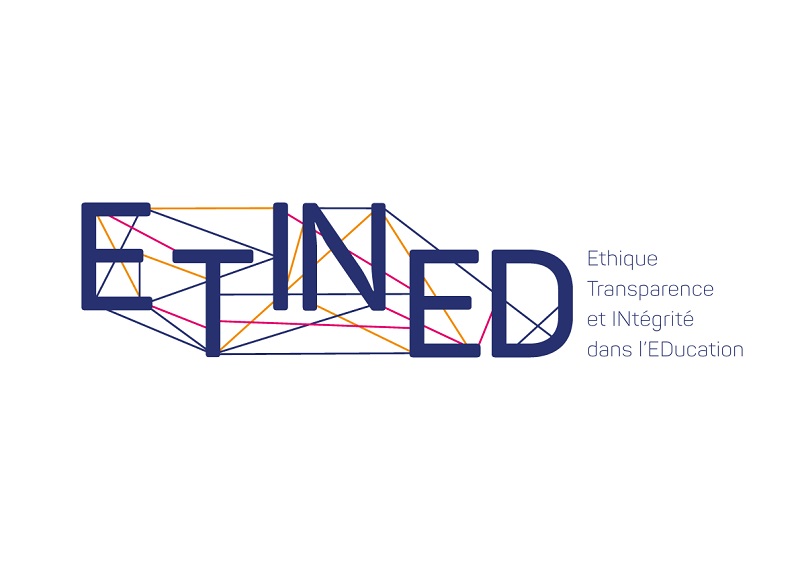On Friday, 8 December 2017, a conference on “Strengthening a culture of academic integrity: challenges and solutions” took place in Belgrade. The conference offered practical and useful insights, ideas and potential solutions to challenges not only in the domain of academic integrity in Serbia but also dealt with issues of ethics and transparency in higher education which are, all together, crucial for quality education and its sustainability today.
The conference was divided into two parts: plenary sessions with questions and answers delivered by Council of Europe international experts and, in the second part, a panel discussion. The conclusions, recommendations and views from the conference will be summarised and will provide a starting point for specific actions or modus operandi required in the field of academic integrity in Serbia.
Participants at the conference developed a greater understanding about the mechanisms and tools needed to strengthen ethics, transparency and integrity in higher education and learned about best practices and experiences from the Council of Europe member states and beyond.
The conference also provided a forum for key stakeholders and decision-makers in the higher education sector and offered an opportunity to learn about the policies and tools needed to develop a culture of integrity at the institutional level as well as how to identify, select and apply appropriate methods in order to successfully connect practices with policy.
The conference was attended by around 130 participants including the Ministry of Education, Science and Technological Development, the National Council for Higher Education, the Commission for Accreditation and Quality Assurance, the Conference of Universities of Serbia, the Anti-Corruption Agency, the Committee on Education, Science, Technological Development and Information Society of the Parliament of Serbia, student associations, public and private universities and faculties, colleges of applied sciences, civil society organisations and other relevant partners. A high level delegation from the higher education sector from Montenegro also attended the conference.




